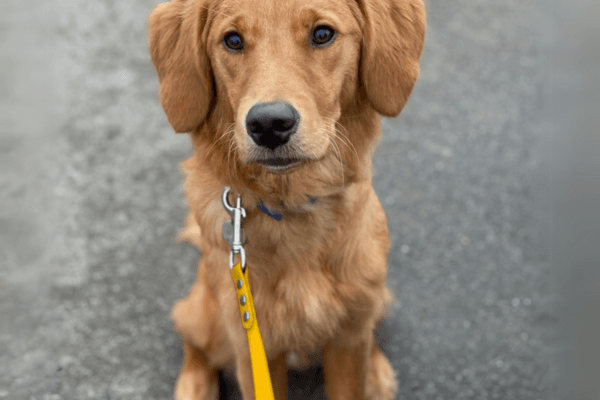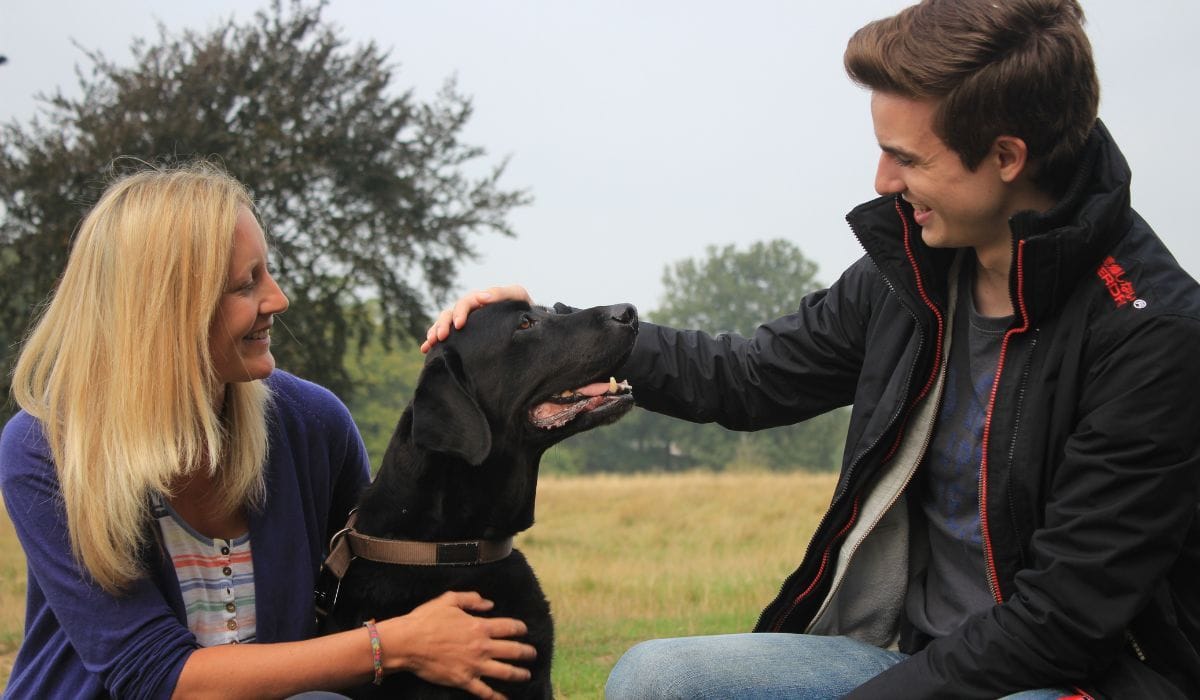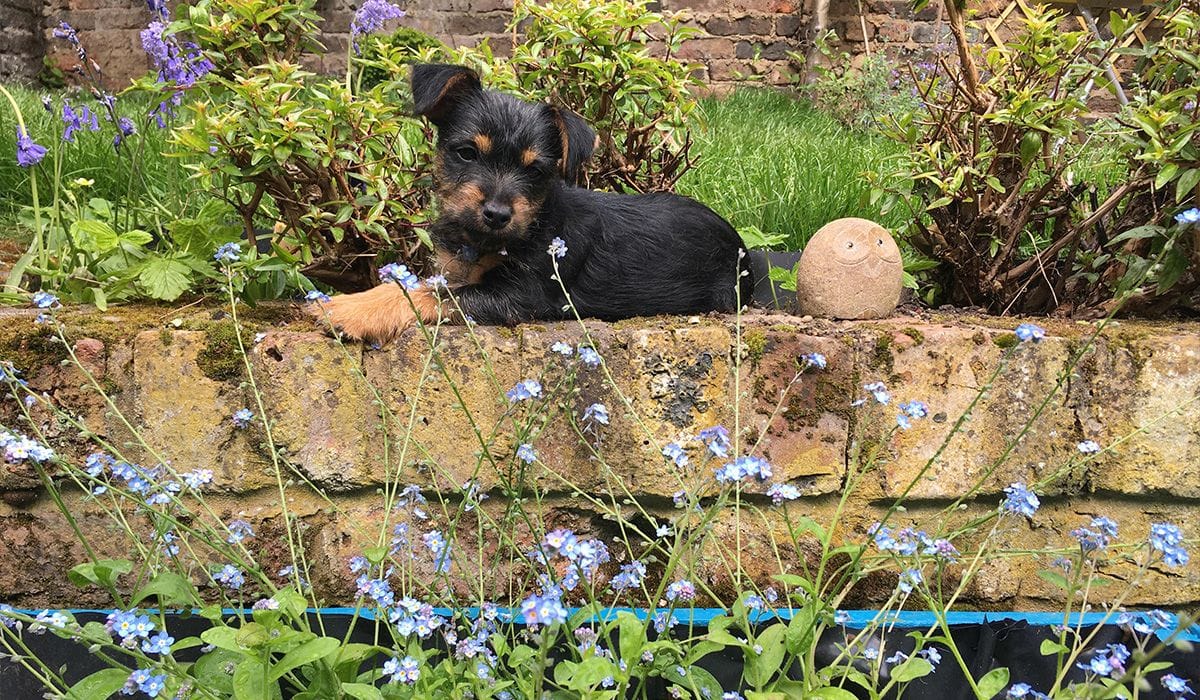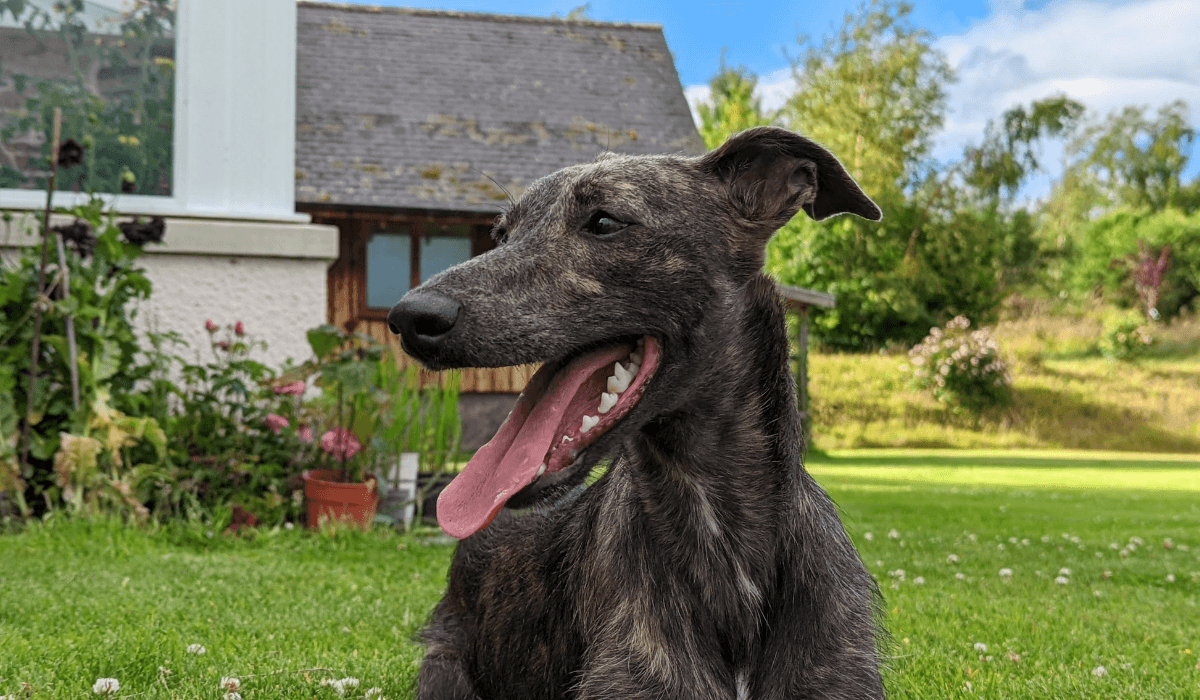Written by Dr. Joanne Patrick, BVSc CertSAO MRCVS, Veterinary Surgeon
Reviewed by Dr Jill McMaster BVM&S MBA MRCVS, Veterinary Surgeon and in-house expert at BorrowMyDoggy on 6 Jun 2023
Joanne Patrick, My Family Pet vet and Senior Clinical Director at Park View Vets in Lincoln, talks through how to desensitise your dog to those horrible firework noises.

Desensitisation
“If you’re a pet owner, Bonfire Night probably isn’t your favourite time of the year. Firework sounds are loud, sudden and unpredictable and this is even worse for our furry friends, who don’t understand what Guy Fawkes Night is or why fireworks are going off.
You can’t explain to your dog that it’s OK and it’ll all be over soon, but what you can do, with enough time and patience, is desensitise them to the loud noises made by fireworks.

So how does sound therapy work?
Sound therapy works using a process known as ‘habituation’. This is where the dog gradually comes to think of loud noises as a normal aspect of their environment – and nothing to be scared of.
This is a slow process, so you should aim to begin a few months prior to Bonfire Night.
To desensitise your dog, start by playing firework sounds in your home for about an hour a night. When you begin, play the noises on a really low volume and increase the volume gradually as the days go by.
What you’re looking for is your dog to display unconscious awareness of the noises: their ears might twitch, their eyes might widen or their head might prop up, but then they’ll return comfortably to whatever they were doing before. This is an encouraging sign, and as long as your dog responds like this to the noises, you can keep going with sound therapy, turning the volume up a little more and playing the noises for a little while longer each night.
Here's a 15 minute video you can use.
If your dog is reluctant…
If your dog is really fearful of the noises at any point, make sure you turn off the sound for that night.
Start again the following day and play the firework sounds on a lower volume than before. If you can’t possibly get them any lower, try playing them from another room.
This process can be really effective, but it won’t work for all dogs, especially not if their noise phobia is a pre-existing condition. If you find that sound therapy isn’t working or if your dog’s phobia of noise is pre-established, your best option will be to get a professional canine behaviourist to help you.
Wishing you the best of luck for Bonfire Night and your dog’s sound therapy training!”





